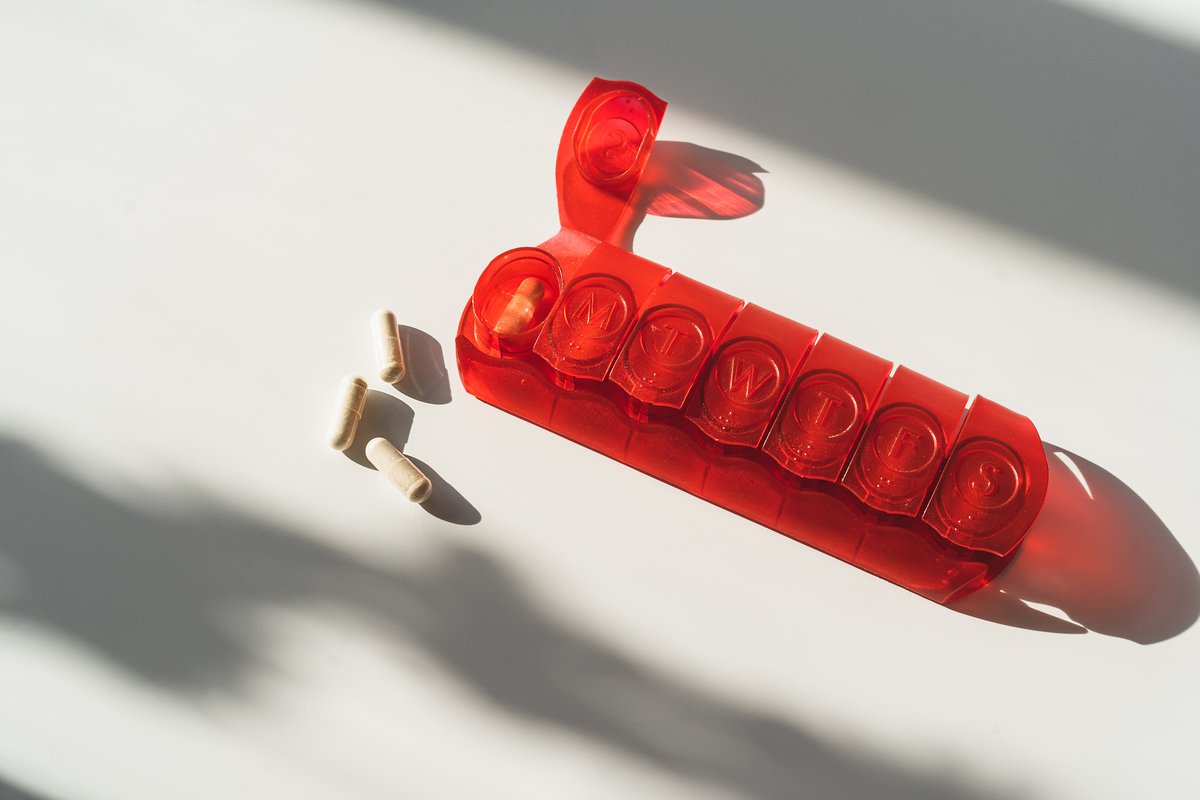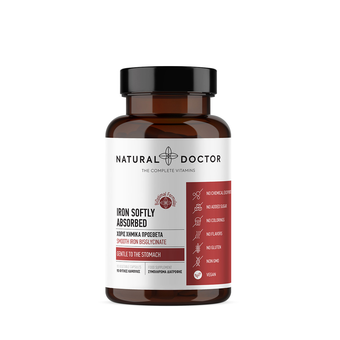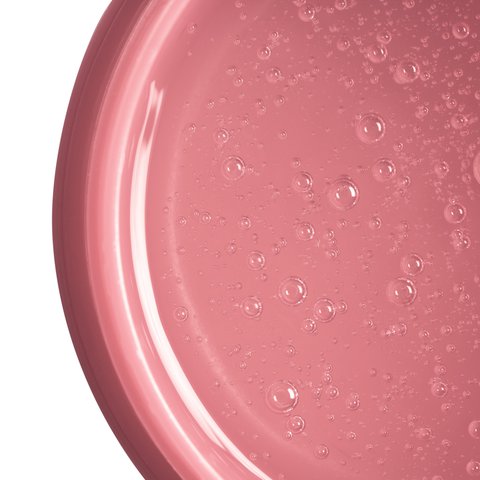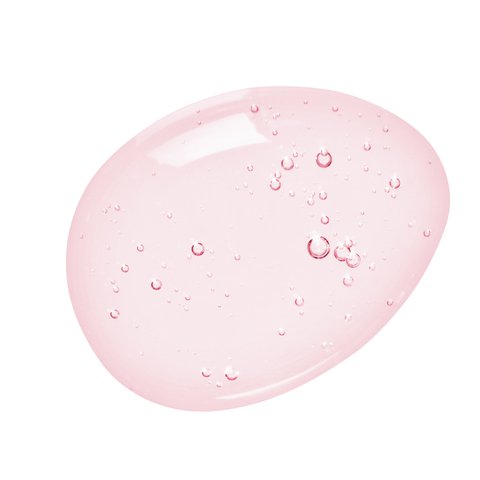Four Benefits of Iron

Maintaining an average level of iron is vital for the body's normal functioning. Iron deficiency is quite common, and while high iron levels can be a problem for many people, deficient levels can also cause problems for the body to function correctly.
Iron maintains healthy hair
Although there are many reasons why people lose their hair, iron is the only nutrient directly linked to hair loss. Low iron, although first linked to hair loss in the early 1960s, is still not widely recognized.
The type of hair loss associated with iron deficiency is called telogen effusion and is particularly associated with hair loss in women. People with telogen effusion have low levels of ferritin, the body's main iron storage protein.
It is worth noting that a low ferritin level is usually well above the iron level considered anaemic. Because this is not considered an iron deficiency or anaemia, the iron level needed, for healthy hair growth is higher than that required to make red blood cells.
Iron supports immunity
There is a perception that iron is not beneficial to the immune system because the body naturally removes iron from the bloodstream during an infection. While this is true, the reality is more complex.
The body cannot make critical immune cells such as T lymphocytes with low iron levels. Other immune cells, such as neutrophils, also need iron to function, so the immune system does not work properly if iron levels are too low.
Ιron keeps muscles healthy
Myoglobin is a protein similar to haemoglobin, contains a heme molecule, binds oxygen and is found exclusively in striated and smooth muscle fibres and cardiac muscle. It acts as a short-term oxygen store.
Myoglobin stores and transports iron to the muscles, skeletal and cardiac, so there is sufficient iron for muscle function. Low iron levels result in a lack of oxygen to the muscles, often considered the cause of physical weakness and reduced endurance.
Iron has antioxidant properties
Iron contributes to the body's normal antioxidant function. Catalase is an iron-containing antioxidant enzyme that protects cells from oxidative damage by free radicals. It can also catalyze the oxidation of toxins harmful to the body, including alcohol, phenol and formaldehyde.
Haemoglobin is an iron-containing, oxygen-carrying, protein found in red blood cells acting as an antioxidant. However, when released from unhealthy cells, iron can cause oxidative damage. Because of this dual role of iron, its levels must be at stable values.
A common myth is that only women have low iron levels. Indeed, iron deficiency is more common in women, but studies show that two per cent of adult men have low iron too. The most common cause in men is blood loss from gastrointestinal conditions such as ulcers.
Another cause may be the low dietary iron in people who follow a vegetarian or vegan diet. Other risk factors in men may include obesity and overuse of anti-inflammatory drugs.
If you have low iron levels, supplementation is essential with the right dietary supplement, such as Iron Softly Absorbed, which contains a unique form of iron, the patented Ferrochel® iron bisglycinate, a chelated form.
Iron Softly Absorbed is suitable for replenishing the lack of iron without any gastrointestinal irritations, because the bisglycinate iron is "bound" with amino acid. For this reason, it is easily absorbed without causing any side effects.



